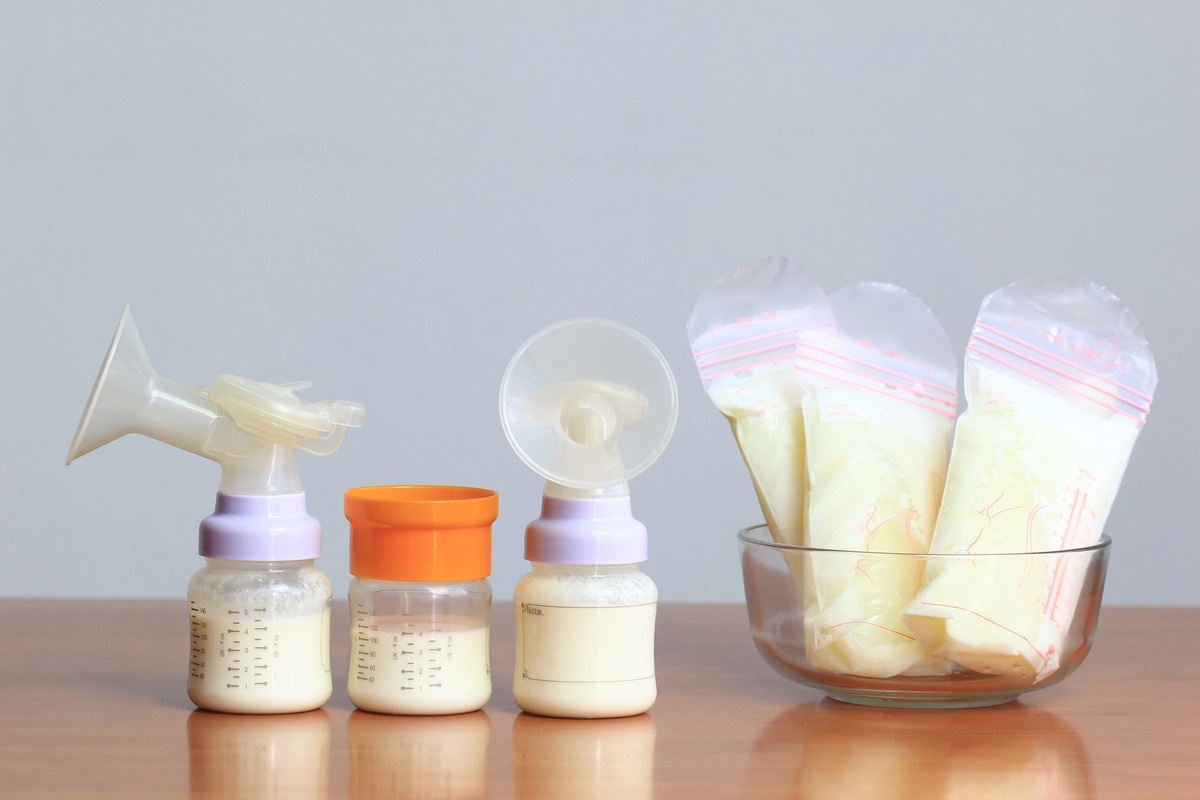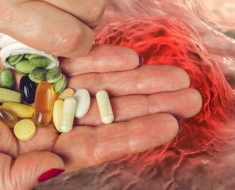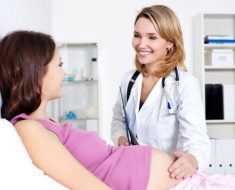Young infants are protected against respiratory viruses by passive immunity in human milk, containing antibodies to these viruses because of maternal exposures. The fall in such protection as a result of the widespread social distancing and other non-pharmaceutical interventions implemented during the ongoing coronavirus disease 2019 (COVID-19) pandemic has aroused scientific concern.

A new paper describes the results of a study measuring such protection and exploring the effects of waning antibody levels on infant susceptibility to respiratory pathogens.
Introduction
Newborn infants, as well as those slightly older, have very immature immune systems, rendering them singularly susceptible to respiratory infections. Antibodies transferred from the mother through the placenta, at first, and then through breast milk, play a major role in protecting the baby. These include secretory immunoglobulin A (IgA), secretory immunoglobulin M (IgM), and immunoglobulin G (IgG), mostly derived from plasma cells in the breast tissue.
While sIgA is predominant, milk contains IgG against the respiratory syncytial virus (RSV) and other respiratory viruses that reduce the incidence of acute infection in the infant. For this reason, infants on breastmilk develop fewer respiratory infections and have a lower chance of dying in infancy, compared to formula-fed babies.
The COVID-19 pandemic broke out over the winter of 2019, followed by stringent restrictions on mixing or gathering in public, closure of most schools and businesses, and suppression of most types of travel. This led to a striking fall in RSV and flu detection rates by over 90%. This was, however, followed by a summer surge, an unusual phenomenon, caused mostly by RSV.
This put great pressure on children’s wards and intensive care units. The current study, published online in the journal Microbiology Spectrum, seeks to explore the link between this increase and the lack of antibodies against these pathogens in maternal blood and milk. Another point of focus was the effect of COVID-19 on the production of humoral immunity, in response to the generalized immune activation occurring in this infection.
Findings
The findings of the study indicated reduced breastmilk IgG titers against RSV, influenza, and the endemic human seasonal coronaviruses HCoV-OC43, HCoV-NL63, and HCoV-HKU1, in human milk, by about two-fold each, except for HCoV-OC43 at three-fold, and the last which showed only a small rise. Conversely, the serum levels of these antibodies increased by the same magnitude.
Interestingly, no differences were found in serum antibody levels in COVID-19-naïve individuals, except for anti-HCoV-OC43 IgG which showed a fall at six months from pandemic onset.
Mothers with a history of COVID-19 had higher IgG levels than those without, by a factor of approximately 2. Meanwhile, IgA levels were higher by 2-4-fold in all these cases.
Implications
The researchers found that social hygiene measures affected the induction of passive immunity in infants on breast milk, explaining the post-relaxation rise in infant hospitalizations.
Knowledge on the passive immunity of breastfed infants during the corona pandemic is important to anticipate for an increase in (severe) respiratory infections and to prepare for capacity problems after the release of the preventative measures.”
While milk IgG levels decreased, IgA levels did not. This could be because the latter is the first line of defense against the virus, and is short-lived. The researchers may simply have missed the fall in IgA levels by starting the study too late.
In contrast, IgG production occurs during a later phase of immunity and remains elevated for months in the blood. The absence of any change in the HCoV-HKU1 and HCoV-229E IgG titers may be because they were not in circulation in the winter of 2018-19.
Moreover, the decreased breastmilk levels of antibodies did not extend to blood levels, which registered a rise. This could suggest that milk antibody titers depend on recent exposures to respiratory viruses rather than serum antibody levels.
Respiratory viruses appear to boost the immune response and enhance antibody generation against a range of viruses, thus ruling out pathogen-specific effects. If so, the lockdown- and other restriction-associated reductions in milk antibodies may not reflect reduced infections by specific viruses, but rather a generalized decrease in the stimulation of the immune system, and of antibody secretion in milk.
Mothers with a history of COVID-19 had higher antibody levels against the endemic seasonal coronaviruses, perhaps due to cross-reactivity, but also against the flu virus and RSV. This could indicate that these women were at higher risk of viral infections in general, due to public-facing professions, for instance. Alternatively, the SARS-CoV-2 may have an immune-boosting effect.
These findings may help formulate better plans to counter further surges in respiratory virus infections in babies, by protecting them in case future lockdowns become necessary.
- Grobben, M. et al. (2022). Decreased Passive Immunity to Respiratory Viruses through Human Milk during the COVID-19 Pandemic. Microbiology Spectrum. doi: https://doi.org/10.1128/spectrum.00405-22. https://journals.asm.org/doi/10.1128/spectrum.00405-22
Posted in: Medical Science News | Medical Research News | Disease/Infection News
Tags: Antibodies, Antibody, Baby, Blood, Breast Milk, Children, Coronavirus, Coronavirus Disease COVID-19, covid-19, Flu, Hygiene, Immune Response, Immune System, immunity, Immunoglobulin, Influenza, Intensive Care, Microbiology, Newborn, Pandemic, Pathogen, Placenta, Respiratory, Respiratory Syncytial Virus, Respiratory Virus, SARS, SARS-CoV-2, Virus

Written by
Dr. Liji Thomas
Dr. Liji Thomas is an OB-GYN, who graduated from the Government Medical College, University of Calicut, Kerala, in 2001. Liji practiced as a full-time consultant in obstetrics/gynecology in a private hospital for a few years following her graduation. She has counseled hundreds of patients facing issues from pregnancy-related problems and infertility, and has been in charge of over 2,000 deliveries, striving always to achieve a normal delivery rather than operative.
Source: Read Full Article





